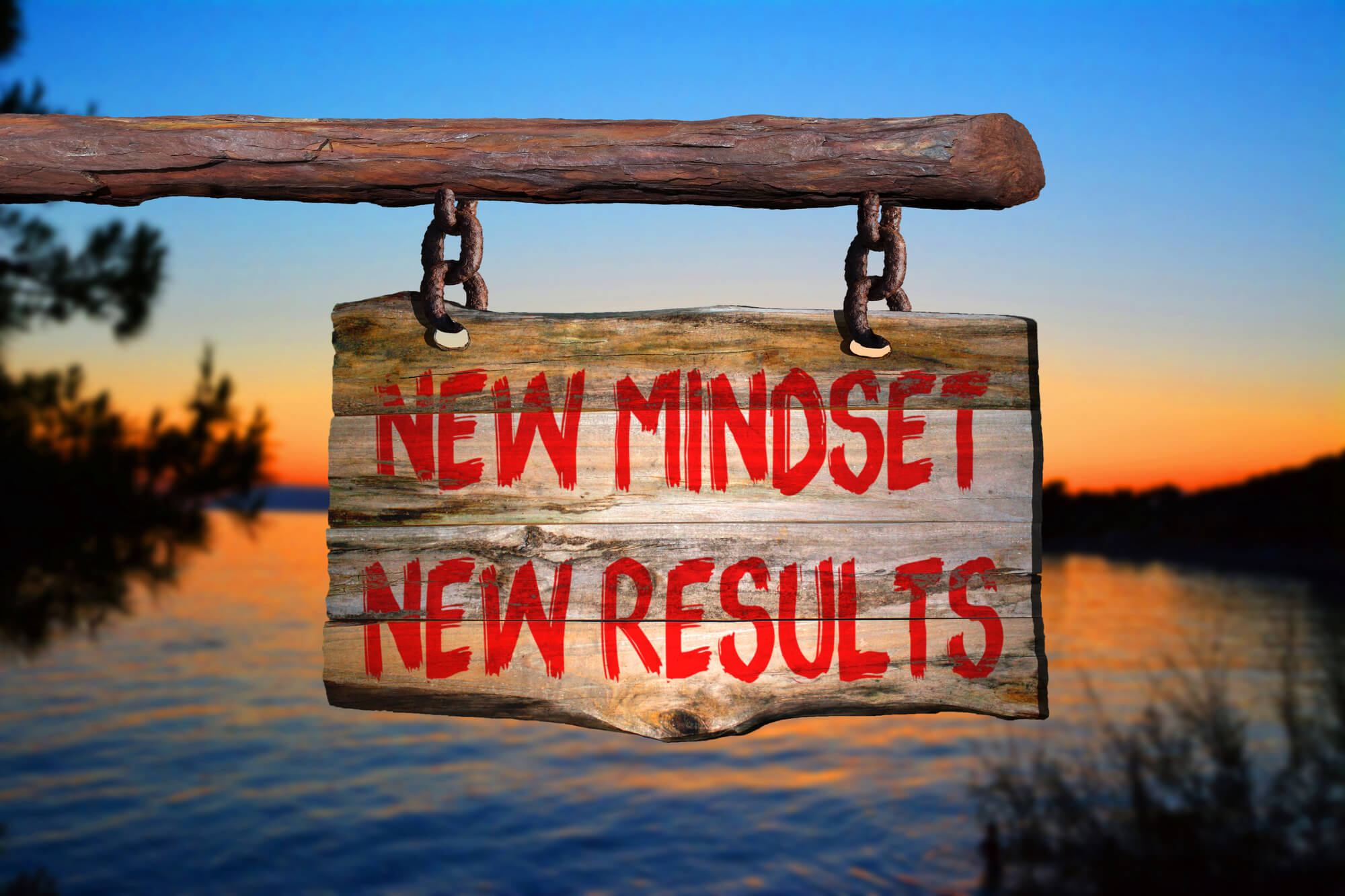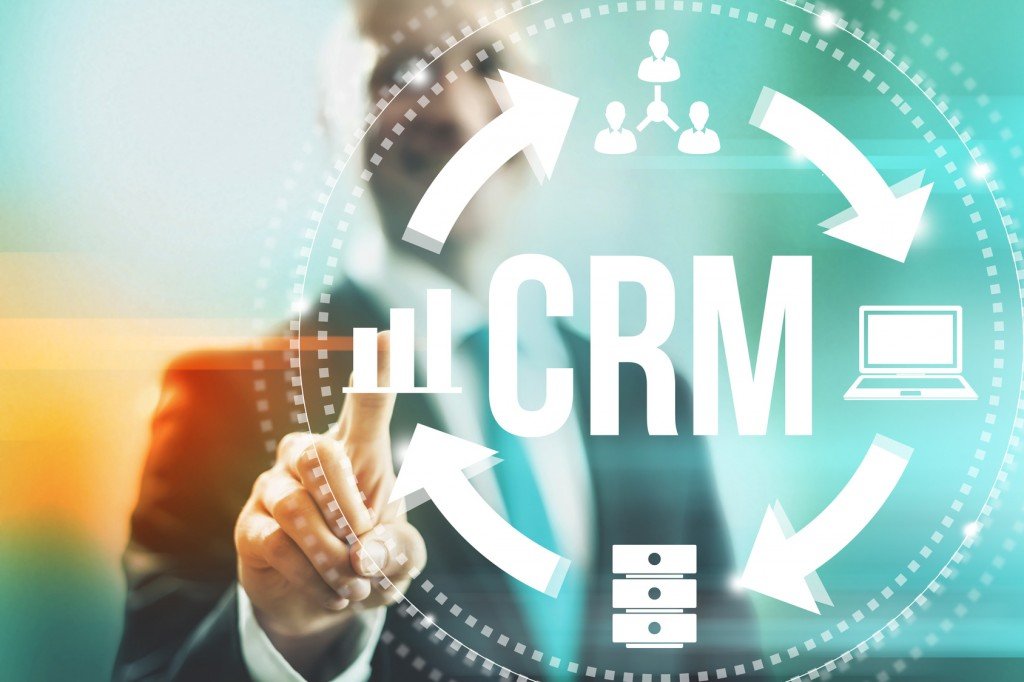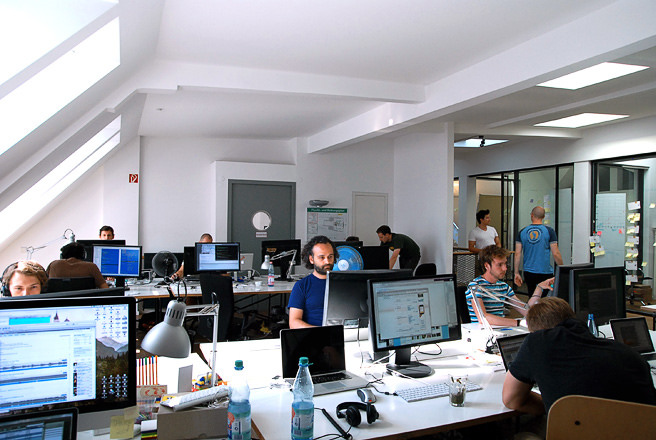Is your current mindset holding you back from your true business potential? If you don’t know how to answer this than chances are it is. How do you change it though?
Developing a new business mindset might put you out of your comfort zone but anything that’s halfway worth it does. For the good of your company, you’ll have to mold yourself into a top-notch businessman or woman. Be courageous, create a vision and then make goals to make it happen, and most importantly, believe in yourself.
To help get you started, we’re going to go over these ideas as well as other’s that you should be adopting if you want to continue going forward.
1. Be Courageous:
It’s okay to be nervous and scared, what’s not okay is to let those emotions hold you and your business back. If you want to be successful you need to go far beyond what you think your limits are.
If you’re afraid of failure just look at it this way, each failure is a learning experience, and each success is a step forward. You have to learn from your failures to gain successes so one can’t exist without the other.
2. Believe in Yourself:
Speaking of success, the first step in creating it is to believe strongly that you can. If you constantly expect failure then without even realizing it, you’ll go into each project with that mindset.
What you want to do instead is to picture your version of success with every project you go into and then believe you can do it. This will cause you to work that much harder to not let yourself down.
3. Adopt Goals:
Everyone works better with a plan. Adopting goals is the start of the foundation for a good plan. You know what you’re working towards and you can start making plans for it.
It’s also true that when it’s your goals that you’re working toward you are more likely to achieve them so if you want to be a corporate boss, you have to get used to setting goals.
4. Have a Vision:
Having a vision shouldn’t be confused with setting goals. The Vision is all the little things that you’re going to do to make the goal happen. The best way to go about creating your vision is to get it out of your head.
No, we don’t mean dismiss it, we mean creating mind maps and visuals so you can see your plans laid out before you rather than keeping it in your head. If you keep it locked away, you’re less likely to carry it out.
5. Accept New Challenges:
Some people are terrified of new challenges, this brings us back to being courageous. Creating new challenges will allow you to constantly one up and put you in competition with yourself.
When you’re in competition with yourself to do better each time and take on harder tasks, you’ll continue to move up. In other words, accepting new challenges keeps you from sitting still. Instead of being afraid of it, you need to go for it full force.
6. Love What You Do:
If you absolutely hate what you do, that will show in your work ethic. Creating your business and helping it thrive should be your passion and if it’s not, then what are you doing?
We’re not saying you’ll love every aspect of your company, or that nothing won’t ever get under your skin. That will inevitably happen.
What we are saying is that you need to look past it and not hate your business as a whole for these things. If you go through life abandoning everything because of a minor inconvenience then you won’t get very far.
7. Be Willing to Take Risks:
You’ve probably heard people say the worst a person can say is no. This is how you should always handle the thought of rejection. Rather than not taking the risk in putting an idea on the table, or doing something in your business, you should just go for it.
Rejection is going to happen in life, it’s something that you’ll never get away from, but you need to take the risk and try. If you don’t you’ll never know what will happen, and that’s a waste of potential.
Think of it as how many nos can I possibly go through before I get a yes or somebody has to tell me yes eventually.
8. Show Gratitude:
When you do reach success chances are that you didn’t reach it all on your own. If you don’t show your employees that you are grateful for them, then that could cause you to not have employees at all.
You need to show gratitude for each and every person that has believed in you or helped you along the way. If you have a company like BrokerBreakUp help get your business off the ground send them a card, give your vendors a quick shoutout, compliment a customer, or just give an employee a pat on the back. When you’re pleasant to be around, that will create a more positive work atmosphere.
Do You Think You Have the Right Business Mindset:
Before you start building yourself up to be a company leader, ask yourself if you have the right business mindset. How you view yourself, the business and those who work for you will make a huge impact on your success.
You also need to be able to visualize your goals so you can work towards them. At the end of the day question yourself. Are you being a boss that you would want to work for?
Do you have the mindset and passion but not the knowledge? Visit our business section to get in the know.
Read Also:






















